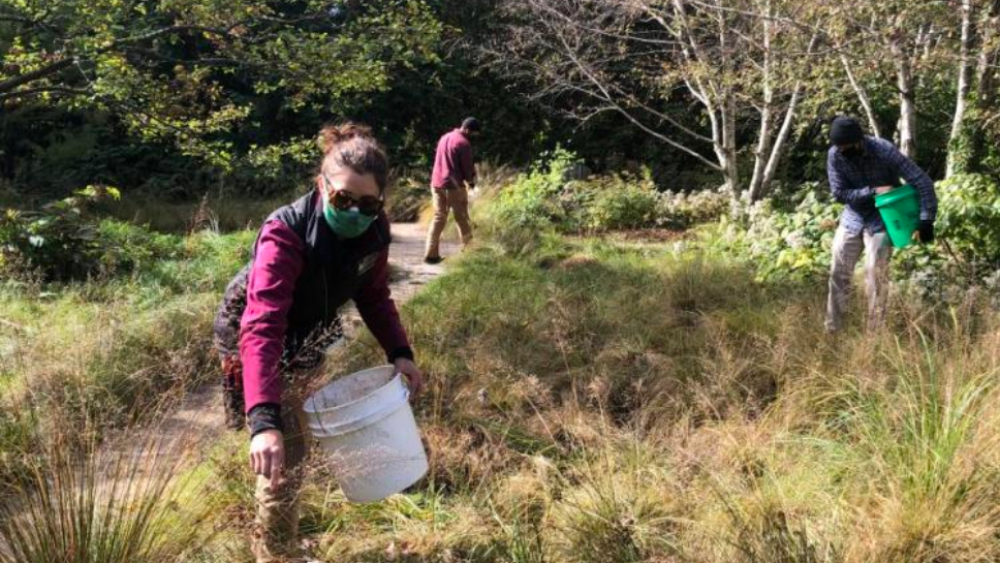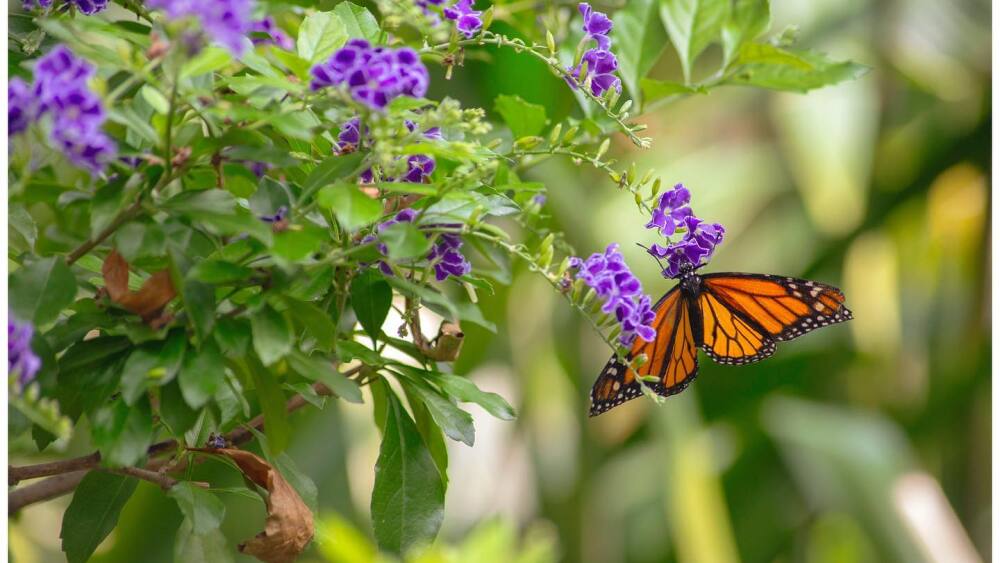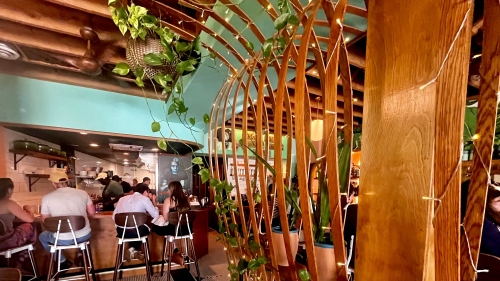The National Wildlife Federation Mayors’ Monarch Pledge Team recently recognized Madison as part of its leadership circle.
What does this mean?
Monarch butterflies are vulnerable to extinction. The City of Madison has been recognized for going above and beyond when it comes to curating an environment that supports monarchs and other pollinators.
Some examples include:
- Requiring stormwater land in new developments to have native plants
- Hosting invasive species removal programs
- Providing educational events and resources for residents with community partners
- Creating 10 acres of monarch butterfly habitat in public green spaces
- Dedicating specific staff to support pollinator conservation

Help local pollinators by getting involved with the city’s conservation programs. | Photo by City of Madison
How can you help?
Install a rain garden | Rain gardens are small, shallow areas filled with (ideally) native plants. They’re meant to reduce polluted runoff from entering Wisconsin’s waters, and they also double as a butterfly habitat. Pro tip: Be sure to call the digger’s hotline (811) before breaking ground on your property.
Invasive species control | Monarch butterflies are already vulnerable, so the presence of invasive species only further threatens the winged critters. Remove unwanted plants from your yard. You can also apply for the Engineering Division’s seasonal Conservation Ecology Trainee position (applications close Thursday, Feb. 8).
Plant native flora | Native plants provide food and shelter for Wisconsin native wildlife, including pollinator species. Check out the Friends of the Arboretum Inc. Native Plant Sale. Online ordering closes Sunday, March 31.











